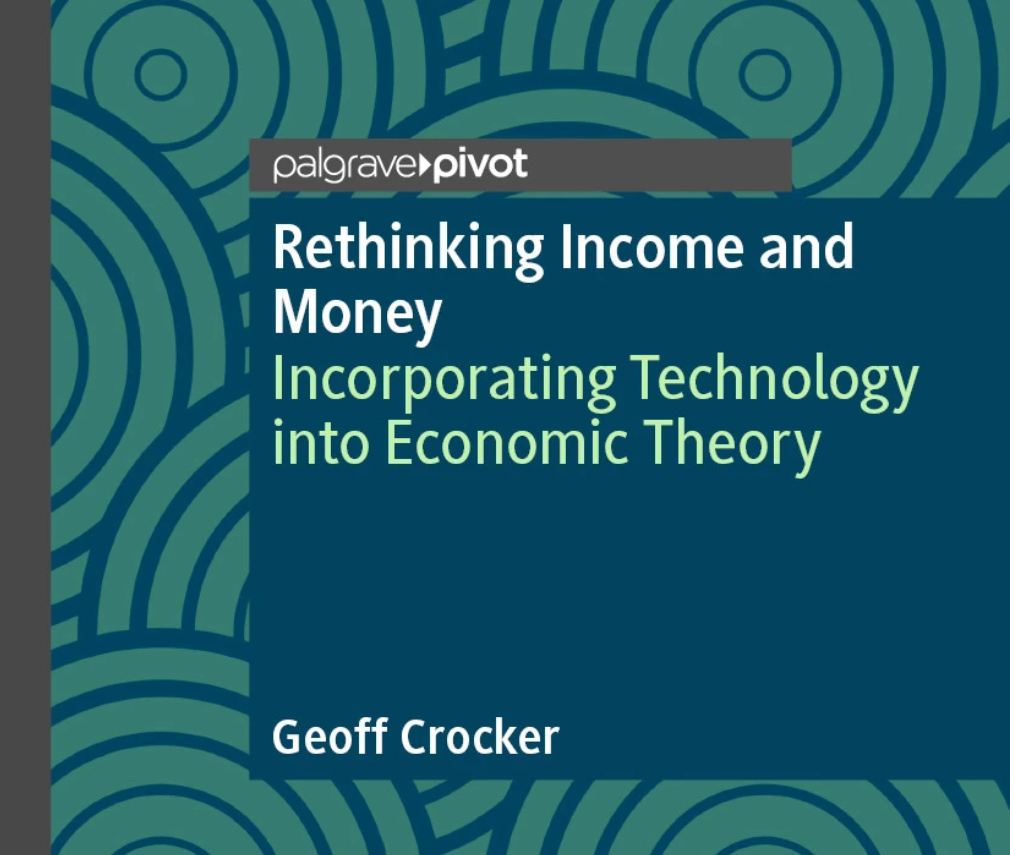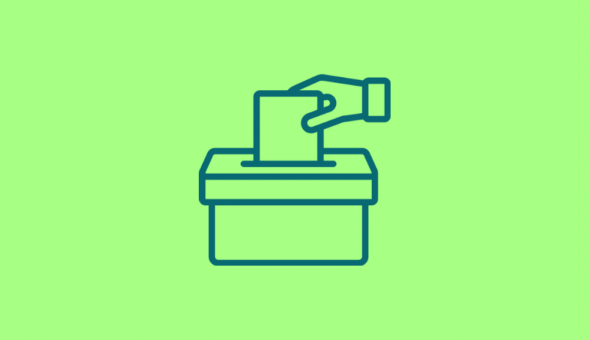 Geoff Crocker graduated in economics followed by an MA in philosophy of science. He worked internationally in technology strategy consulting for major multinationals, government institutes, and SMEs. From 1990-2006 he specialised in transition strategies in many sectors of Russian industry. In collaboration with IPR, Geoff has researched the effect of automation in reducing labour income. In his new book ‘Rethinking Income and Money’ he builds on this work to develop policy proposals for increased welfare income with reduced conditionality, and for direct money financing of government expenditure. His book is available here.
Geoff Crocker graduated in economics followed by an MA in philosophy of science. He worked internationally in technology strategy consulting for major multinationals, government institutes, and SMEs. From 1990-2006 he specialised in transition strategies in many sectors of Russian industry. In collaboration with IPR, Geoff has researched the effect of automation in reducing labour income. In his new book ‘Rethinking Income and Money’ he builds on this work to develop policy proposals for increased welfare income with reduced conditionality, and for direct money financing of government expenditure. His book is available here.
The UK economy is beset by inadequate income for the lowest quintile households, and excessive government debt. These two interact, as any proposal for increased welfare income adds to cumulative government debt. Debt then reaches supposed ceilings, whether measured in terms of the debt/GDP ratio, or the annual interest cost of the debt. The current government applies strict ‘fiscal rules’ aiming for a balanced annual budget and declining debt long term. Welfare cuts become the order of the day, creating increased social deprivation. As well as raising questions of social justice, technical challenges from structural economic theory arise.
For effective income policy, a robust explanatory theory of low income is needed. The common assumption is that income derives from work. Government policy therefore targets the provision of high wage work in industry, matched by skills training. The worry about this policy focus is that it has not provided for low income groups historically, and faces a likely future of diminishing employment resulting from technological automation. To date, automation has reduced low skill employment, but new technologies such as AI threaten employment higher up the income scale. We may never reach a position of total automation, but we are working along a spectrum towards a more automated future. As the late Nobel laureate economist Robert Solow commented, with burgeoning production from advanced technologies ‘the wage will absorb only a small fraction of all that output. The rest will be imputed to capital...the extreme case of this is the common scare about universal robots: labour is no longer needed at all. How will we then live? The ownership of capital will have to be democratised...(needing) some form of universal dividend...Not much thought has been given to this problem’. The structural conclusion is that automation does and will require increased social welfare income as aggregate labour income declines as a share of GDP.
Financial affordability is then the concern. But this raises the question of whether affordability is correctly conceived and measured. Keynes famously said in a 1942 radio broadcast, that ‘anything we can actually do, we can afford’. His dictum has been reversed by contemporary financial accounting of government expenditure, which on the contrary claims that we can only do what we can afford financially. This latter view treats money, and government financial balances, as real constraints. It’s therefore worth re-examining the fundamental ontology of money. 97% of money currently in circulation is digital. It is created literally from nothing, with zero marginal production cost, and almost 100% seigniorage which accrues to the creating agency, usually a commercial bank making a personal or business loan. The important point is that, since money is at this point created, it is not borrowed, and is therefore not quintessentially debt, even though the commercial bank uses it to create an onward debt.
Government on the other hand is prohibited from creating money to fund its expenditure, but must borrow from pension funds, insurance companies et al, by selling them bonds. This borrowed money is the same money that commercial banks are allowed to create into the system. Quantitative Easing questioned the necessity of government debt to fund government expenditure. It’s evident that when a central bank buys its own government debt, but is itself owned by the same government, then this amounts to zero net debt. A scandal in the QE system is that the Bank of England is not allowed to buy government debt in the primary Debt Management Office auction, but can only buy in the secondary market, creating huge risk free profit for trading intermediaries, estimated at some £4bn. QE is further compromised by the resulting BoE bond portfolio reducing in value as interest rates rise to combat inflation, whilst the bond holding costs BoE a huge interest rate differential from paying variable interest on the QE reserves it created to buy the bonds. A proposal to allow BoE to purchase in the primary market collapses to direct money financing of government expenditure, which has to be more seriously considered as the preferred alternative means of funding government expenditure.
In his new book ‘Rethinking Income and Money’ Geoff Crocker tackles these problems, challenging orthodox thinking with radical proposals. The book is available here. There’s a 20% discount on offer by applying the code 8ClQSFzpKofo3k.
All articles posted on this blog give the views of the author(s), and not the position of the IPR, nor of the University of Bath.
Respond




